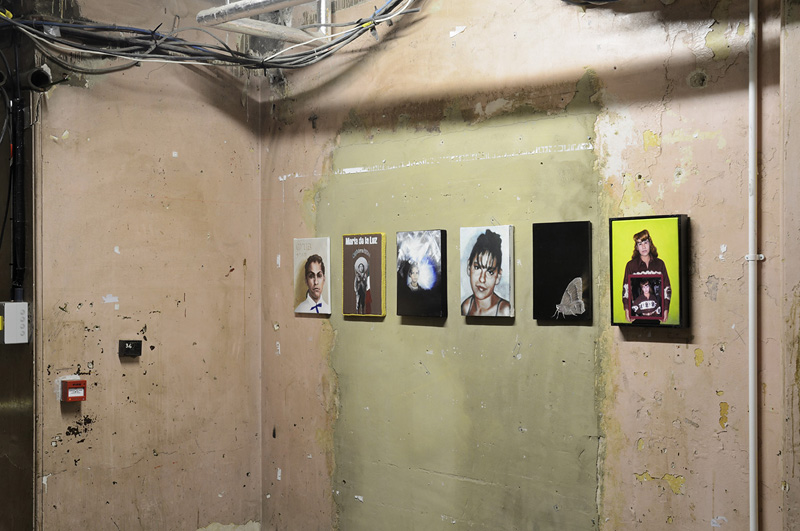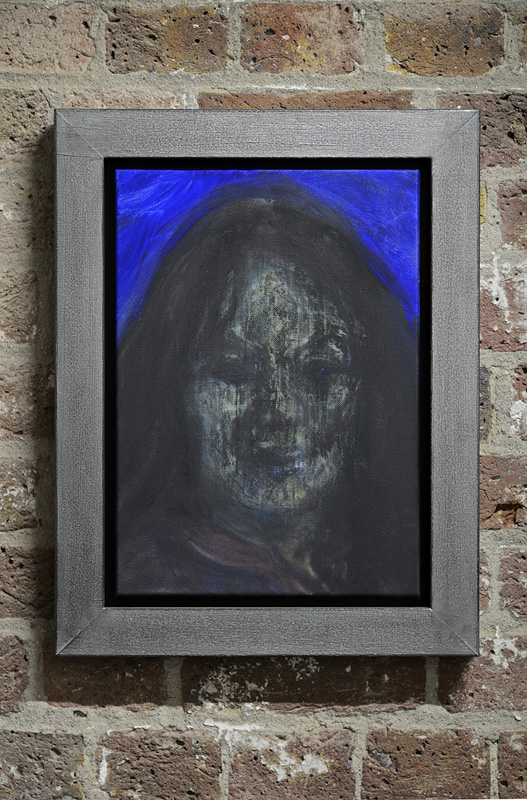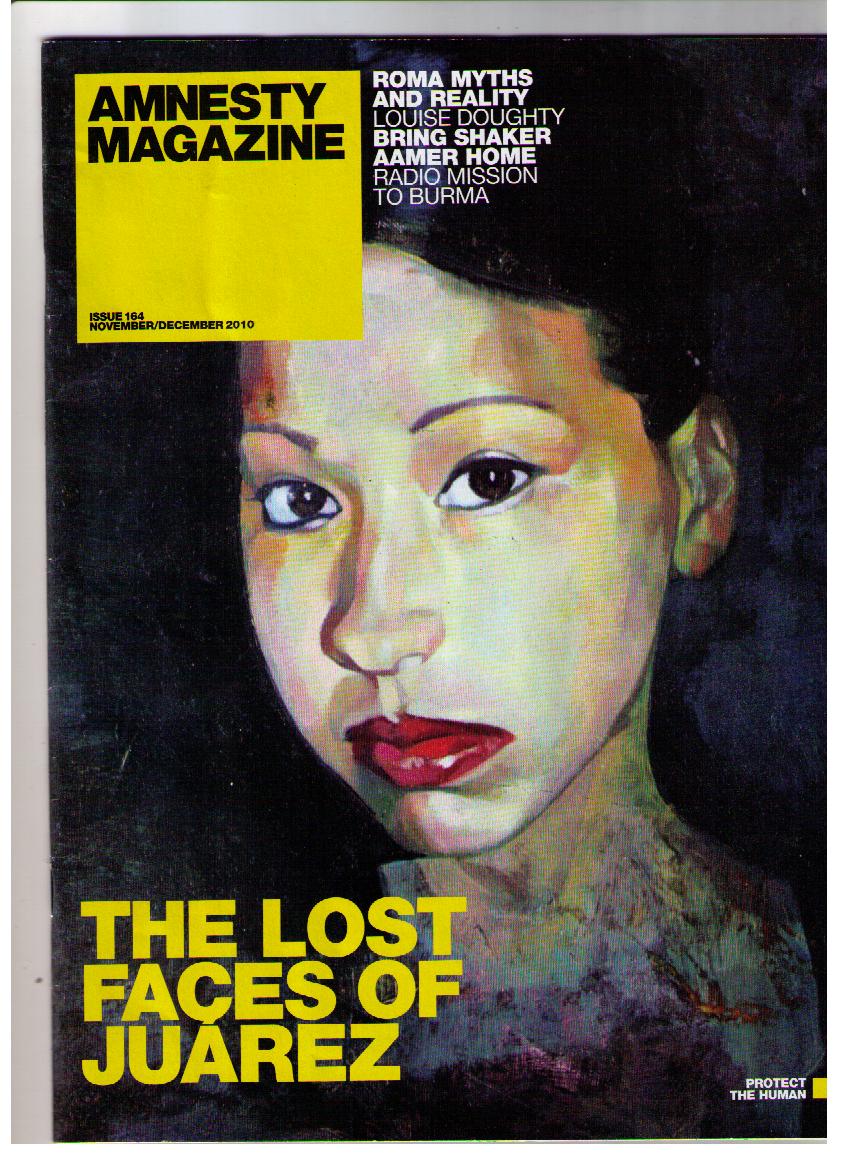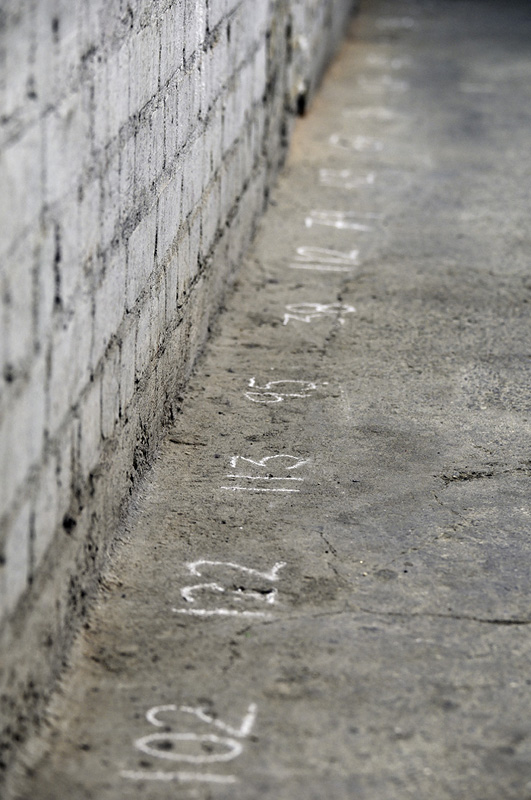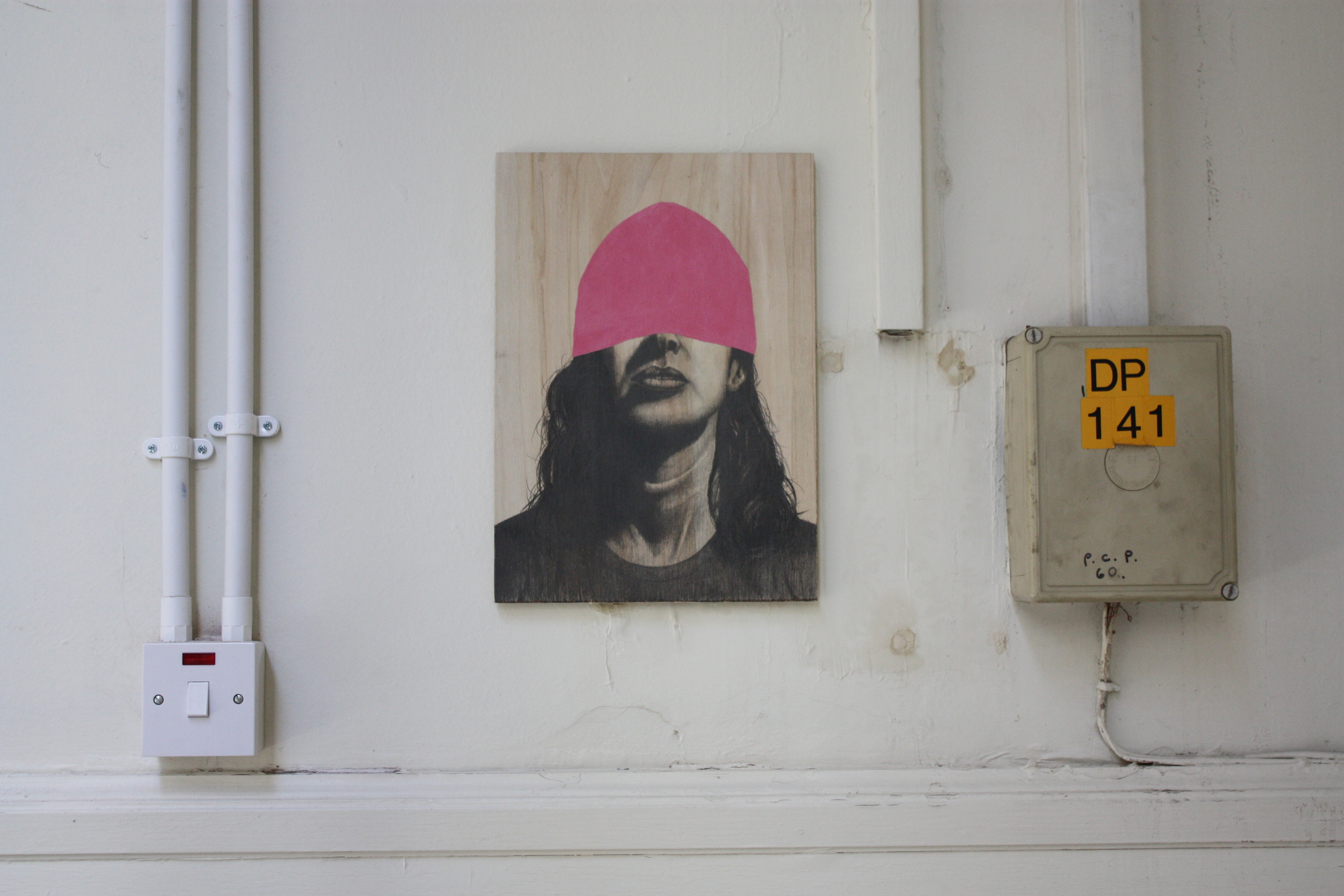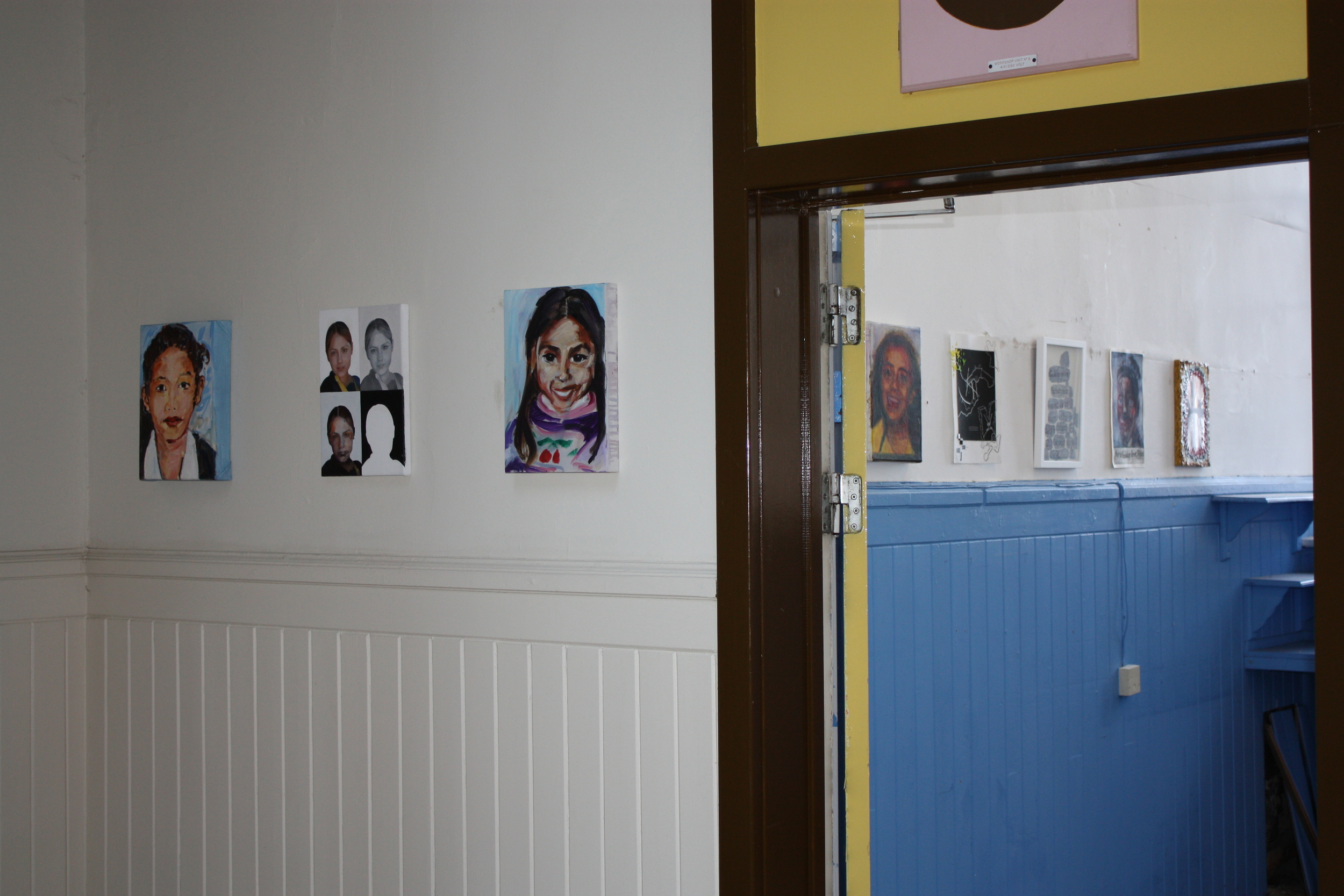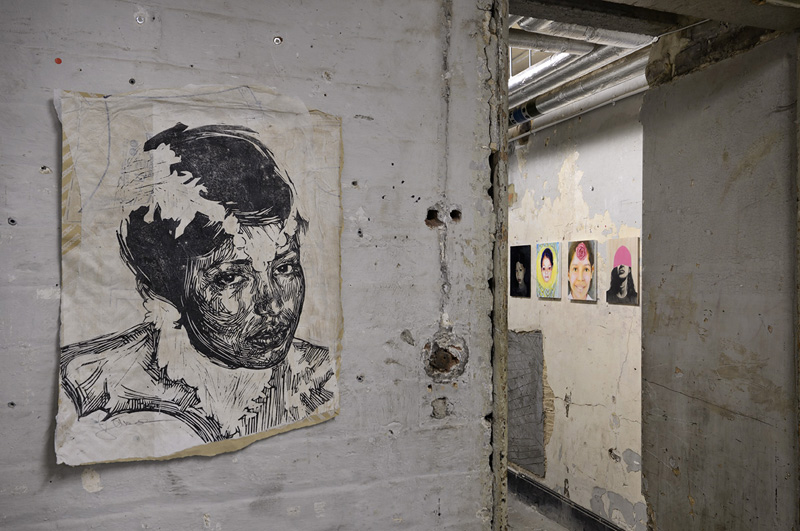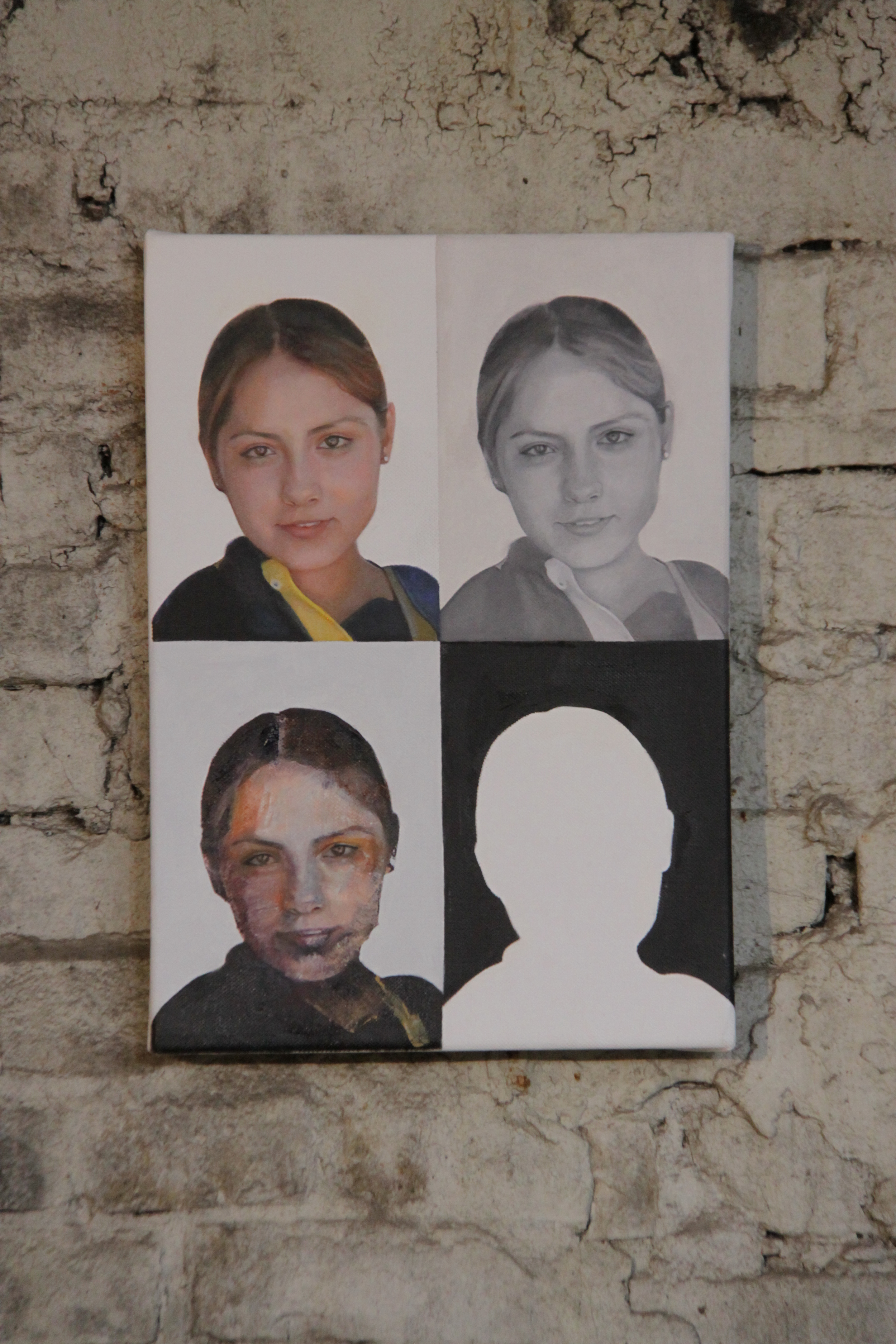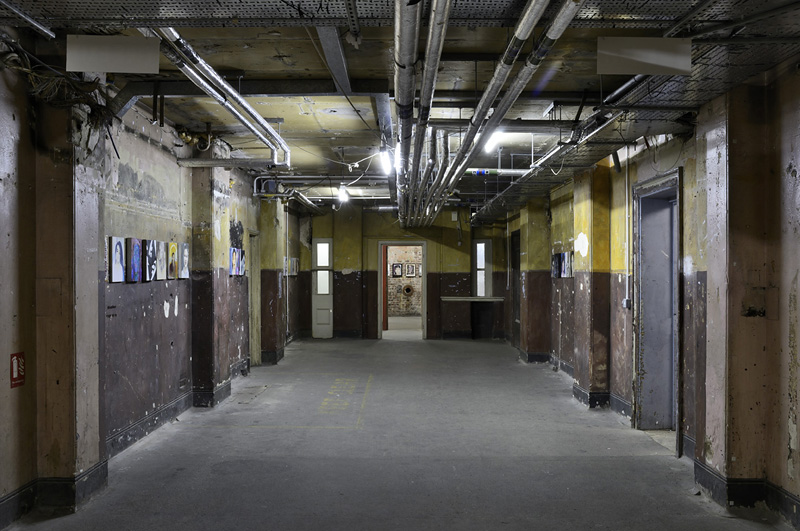400 Women
400 Women responds to the brutal rape and murder of thousands of women in the Mexican town of Ciudad Juarez and, more generally, to gender violence across the globe.
The idea behind 400 Women was sparked when Challenger travelled to Mexico in 2006 and met several family members of murdered and missing women. One mother in particular singularly affected her; Consuelo Valenzuela, her daughter Julieta Marleng Gonzalez Valenzuela went missing in March 2001 when she was 17.
"I'd first met Consuelo in a private room in a hotel but it was when we left the room and were in the foyer, a much more public place, that she decided to press the postcards of her daughter into my hands. In an instant I was very nervous at being scrutinised by her and then immediately ashamed of feeling like I wanted to get away from this person that was suffering so much. The shame of my reaction made everything immediately vivid; her proximity, her smell, her grip, the translator nearly shouting, as I remember it "she wants you to take them, to give them to anyone, anyone you know" but the most arresting memory for me is the face of Julieta zinging out from this 3 colour-way postcard. The face looking up at me, was such a poverty of an image. It had been reproduced from a snapshot and the face was blurred. She had no eyes really, everything was faded, a bleached out nose. And I think I just wanted to bring her face back."
On the long flight home Challenger had the beginnings of the idea for what has become 400 Women. Once back in London, she started the process of searching for more faces of women and girls, missing or murdered. Instinctively we identify with the everyman or in this case everywoman and these ordinary and unknown faces resonate in part because they are ordinary and unknown.
'‘Stalin said, one death is a tragedy, a million is a statistic. And what she’s trying to do is retrieve the individual tragedies from the statistic. And to feel like you’re being watched by these women'...'It’s so good at locating both the individual and the wider picture...'
‘And half the portraits are done by men, that was a really important decision as well, because the murder of all of these women impoverishes everyone. Not just women, and it’s actually men, of all people, who should be more angered by this kind of gynocide.” Johann Hari (Journalist) – BBC2 'The Review Show' Nov 2010
Political in its nature, 400 utilises a critical mass of nearly 200 international artists brought together by Challenger to address issues of mortality and the capacity of art to imagine the dead, violence and trauma. It was vital for Challenger that each artist represented only one individual woman, in turn becoming the woman or girl Tamsyn chose for them. Sometimes, an image was unavailable and in these cases, Challenger asked the artist involved to make the woman’s name integral to the portrait. Over the years she matched closely the images she sourced to the artist, making little links with them so that they would feel somehow further connected to their subject. Conceptually drawing them closer. This proximity to each individual was very deliberate and necessary in her eyes, with the intention of forcing each artist to fuse with the real missing or murdered woman they were given.
"With 400 Women, Challenger asks artists and viewers to question their conscience, and to consider the catastrophic situation in Mexico, both as a localised crisis and as a warning about gender violence the world over...A profoundly sobering and humanising process, the portraits come together as a wall of resistance...a conceptual portrait project of massive scale and reach"
Ellen Mara De Wachter (Curator – Zabludowicz Collection and curator of 400 in Shoreditch Town Hall Basement) – Nov 2010
"If anyone ever doubts the power of art to reflect the moral, political or humanitarian issues of our day, then I plead with them, go and see this exhibition."
David Hayman (Actor) – BBC2 'The Review Show' Nov 2010
To date 400 Women has been shown in London, Edinburgh and Holland.
